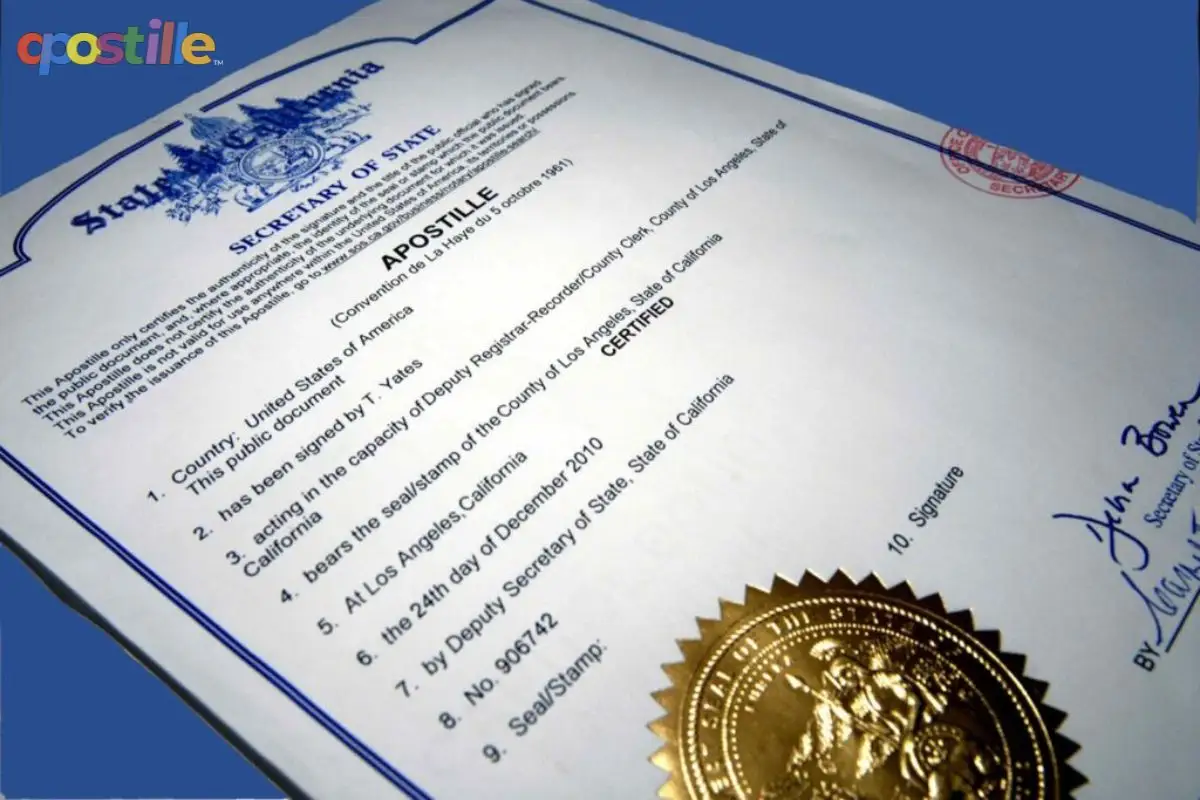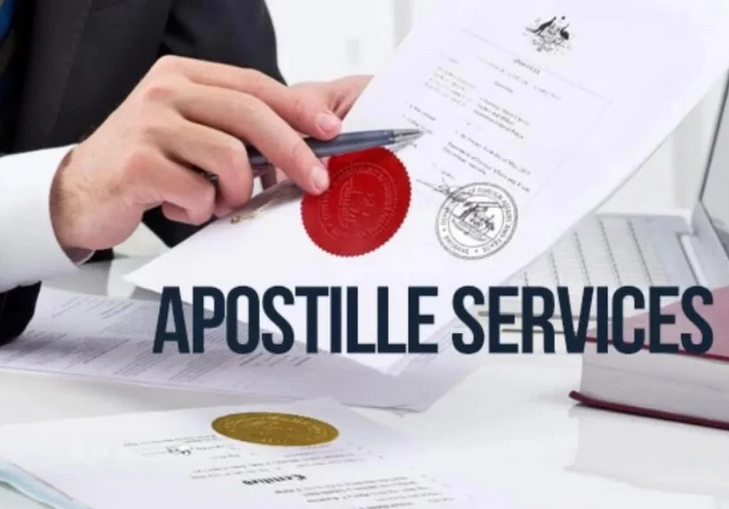Introducing the Vital Function of Apostille in Simplifying International Document Recognition Processes
In the realm of worldwide events, the validation of files holds vital significance. Among the internet of administrative procedures and differing lawful demands throughout various countries, the role of apostille becomes an essential facilitator in simplifying the process. By fastening an apostille to a record, it goes through a simplified recognition that is identified across various countries, hence easing the concerns connected with cross-border paper verification. As we explore the details of this specialized certification, the subtleties between apostille and standard validation methods emerge, dropping a brand-new viewpoint on the performance and effectiveness of this critical yet often ignored procedure.
Recognizing Apostille Essentials
In the realm of file validation for international usage, realizing the basic concepts of apostille authentication is essential. An apostille is a specialized certificate that validates the credibility of a paper for use in foreign nations that are component of the Hague Apostille Convention.
Apostilles are frequently provided for important records such as birth certifications, marital relationship certifications, and academic transcripts. The key parts of an apostille consist of the name of the country where it was provided, the name of the person authorizing the record, the capacity in which the individual authorized the file, the seal or stamp of the issuing authority, and the day of issuance. By comprehending these essential aspects of apostille verification, companies and individuals can navigate the intricacies of worldwide file validation with self-confidence and efficiency.
Benefits of Apostille for Recognition

Furthermore, the apostille simplifies the confirmation process by giving a standardized certification that verifies the credibility of the file, such as birth certifications, marriage licenses, notarized actions, and academic transcripts. This standard format lowers the risk of denial because of strangeness with foreign records, thus boosting the efficiency of cross-border deals.
Moreover, the apostille assists in eliminating the requirement for multiple layers of authentication by government authorities, as the apostille itself indicates the file's validity. This not only speeds up the record recognition procedure but likewise minimizes the linked expenses and governmental difficulties, making it a cost-effective and convenient service for individuals and companies taking part in international activities.
Simplifying Cross-Border Paper Verification
Facilitating the validation of documents across international borders, the apostille process works as a streamlined and universally recognized method for verifying various types of official paperwork. Simplifying cross-border document authentication, the apostille removes the demand for extensive and often complicated validation procedures typically required when offering documents in international nations. By attaching an apostille to a file, the issuing country licenses the credibility of the file, making it readily appropriate in various other countries that become part of the Hague Apostille Convention. This standard procedure substantially decreases the time and initiative associated with verifying the authenticity of main paperwork, advertising effectiveness and ease of global purchases.
Moreover, the apostille system improves the security and dependability of cross-border document validation by offering a clear and worldwide accepted mechanism for validating the credibility of records. This simplification of authentication processes not only advantages individuals and companies seeking to operate worldwide but likewise cultivates smoother communication and partnership in between nations by guaranteeing the integrity of common documentation.
Value of Apostille in Legalisation

Apostille guarantees that lawful records such as birth certifications, marital relationship certificates, powers wikipedia reference of lawyer, and court records are identified and accepted in international territories. This is particularly important in lawful matters such as global adoptions, migration processes, or business deals that entail celebrations from different countries. The apostille procedure minimizes the administrative hurdles and taxing procedures generally related to paper legalisation, making worldwide transactions extra reliable and legitimately binding. In verdict, the significance of apostille in the legalization of worldwide files can not be overemphasized, as it facilitates smooth cross-border communications and guarantees the validity and authenticity of legal documentation.
Apostille Vs. Traditional Validation Approaches
Contrasting apostille with conventional recognition approaches discloses unique distinctions in the effectiveness and simplicity of file verification procedures for global use. Apostille, as a standard and structured method developed by the Hague Convention, provides a much more straightforward technique to validating documents contrasted to standard techniques. Traditional recognition processes frequently involve multiple steps, including registration, accreditation by government authorities, and consular legalization, which can be difficult and time-consuming.
Apostille, on the other hand, streamlines this procedure by certifying files with a single apostille certification released by a proficient authority in the nation where the document comes from (Houston TX Apostille). This certification is recognized by all member nations of the Hague Convention, removing the demand for more embassy legalisation. Because of this, apostille significantly minimizes the time and effort required for paper recognition, making it a favored selection for organizations and people associated with worldwide transactions
Conclusion
In verdict, apostille plays an essential role in simplifying international document recognition procedures by offering a standardized method of authentication that is recognized across participating nations. By improving the legalization procedure, apostille gets rid of the need for numerous helpful site layers of recognition, decreasing time and costs connected with cross-border document verification. This effective system benefits people and companies seeking to use international files for lawful functions, making sure smoother worldwide deals.
By fastening an apostille to a record, it undergoes a simplified validation that is identified across countless countries, therefore easing the burdens associated with cross-border document verification. Simplifying cross-border paper authentication, the apostille removes the need for often challenging and extensive recognition treatments typically needed when providing records in international nations. By affixing an apostille to a paper, the issuing nation licenses the credibility of the document, making it readily acceptable in other countries that are component of the Hague Apostille Going Here Convention. By attaching an apostille to a file, the releasing nation certifies the credibility of the trademark, seal, or stamp on the record, making it valid for usage in one more participant country of the Hague Apostille Convention without the need for additional legalisation.
